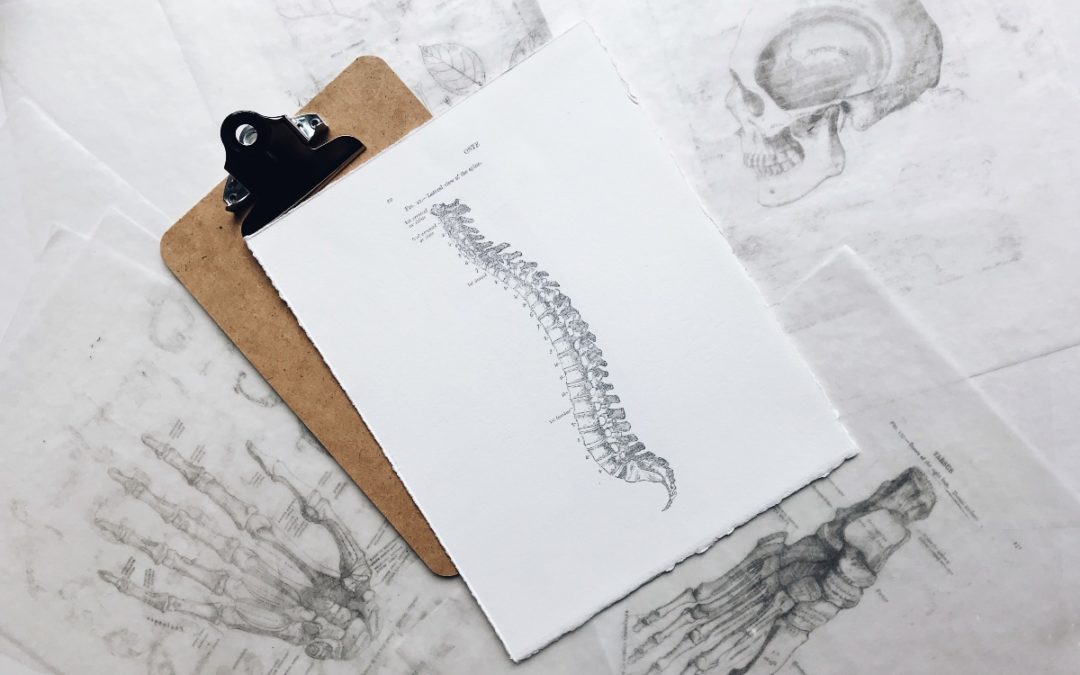Opioid addictions are very common and are a great concern within our medical system. As prescribers increased the number of opioid prescriptions given out, unaware of the addictive properties, many individuals have developed an addiction to opioids.
Medication-Assisted Treatment
Medication-assisted treatment (MAT) is a common treatment method for working with opioid addictions. Since opioids are used as pain-relieving medication, there are a variety of other medications that can be used to counteract their addictive properties. Treating opioid addictions is often done with the assistance of the following medications:
1. Buprenorphine
This medication is considered an essential medication and is often combined with Naltrexone.
2. Methadone
Methadone is also considered an essential medication for treating opioid addiction.
3. Naltrexone
This medicine requires full detoxification before use. It is extremely beneficial for managing withdrawal symptoms and is not common when initiating treatment
How They Work
Each of these drugs affects the same part of the brain that is affected by opioids. Rather than promoting the feelings that opioids give you, they help to ease the withdrawal effects. By correcting for the changes caused in the brain by opioids, the use of these drugs can make recovery much easier.
An important aspect of MAT is to ensure the patient is also participating in behavioral therapy. Using medication alone to treat addiction is not very effective. Using the skills learned in behavioral therapy with the assistance of medications to alleviate withdrawal symptoms and restore proper brain functioning can enable you to achieve recovery success.
Even after the medication part of MAT has been completed, it can be beneficial to continue engaging in therapy to focus on the behavioral aspects of your addiction without the medications assisting you in handling the withdrawal symptoms. Having a mental health professional assist you in this last phase of addiction recovery can be extremely beneficial for the adjustment away from medications. As you put the skills you have learned throughout recovery to use, you should find that you are capable of self-managing the habits you have created during the treatment period.
The Next Step
When you are reaching the end of your treatment and recovery, it is important to follow your care provider’s suggestions about moving forward. Abruptly stopping your medications can come with its own set of consequences. Slowly tapering off these assisting medications can help you to naturally get used to your everyday life without them. Conversely, stopping them abruptly could increase your chances of experiencing a relapse.
It is crucial to put the skills you have learned throughout treatment to use. As you have developed various skills to help you work past cravings and other withdrawal effects, you need to prepare to manage these skills on your own after completing treatment. This step can be overwhelming; however, easing into this process and preparing for this stage can help this transition run smoothly. Having a plan in place to avoid relapsing if you are presented with the substance can help you to continue treating this addiction with long-term success.
In the future, if you are prescribed opioids as a pain reliever, we suggest using alternative methods to ease or manage the pain. When you have previous experience with opioid addiction, the use of opioids in the future could lead you down that path again and be a setback in your recovery. If you are in a future situation where you feel a pain medication is necessary, try taking ibuprofen, acetaminophen, or another over-the-counter pain medication. Over-the-counter medications still have the potential to lead to an addiction, but the chances of this are less likely than with opioids. It is important to be mindful of the amount you are using to ensure you are not taking more than the recommended dosage.
Future Treatment Options
There are a variety of alternative forms of treatment that are slowly becoming more popularized. Multiple research studies are currently observing the potential effects of a vaccine to target opioid receptors within our bodies. It is hoped that this vaccine will be able to be used as a precaution to diminish the dangerous euphoric feelings associated with opioid use while still allowing prescribed opioids to ease pain for medical purposes.
Along with this potential vaccine, researchers are also working to discover a brain stimulation technique to help with opioid addiction recovery. By activating different parts of the brain that influence the addictive properties of opioids, scientists hope to reverse these addictive effects of opioids through a noninvasive stimulation procedure.
These scientific advancements could be extremely useful in the future of addiction recovery. Most opioid addictions are currently treated with MAT, but having a variety of options can help us ensure we can cater to each individual’s needs and set up a treatment plan for their long-term success. Spread awareness and help others get the help they need immediately to lower the overwhelming number of individuals affected by the opioid crisis.
Opioid addictions are often treated through medication-assisted treatment (MAT) with the full-body recovery approach. By combining MAT with behavioral therapy, you can work your way through treatment and overcome your addiction to opioids. Gaining the knowledge and skills to transition into your everyday life after completing treatment is necessary to ensure you maintain your long-term recovery goals. Avoiding the use of opioids with any future medical procedures or treatment of chronic pain is highly recommended to avoid experiencing a relapse. As you move forward with self-managing your treatment and using the skills you have learned through recovery, you will only strengthen these skills. When a future situation arises that may influence you to begin using again, you will have the necessary skills to properly handle the situation. To learn more about treating opioid addiction, reach out to Dream Recovery at (949) 732-1960.


Recent Comments